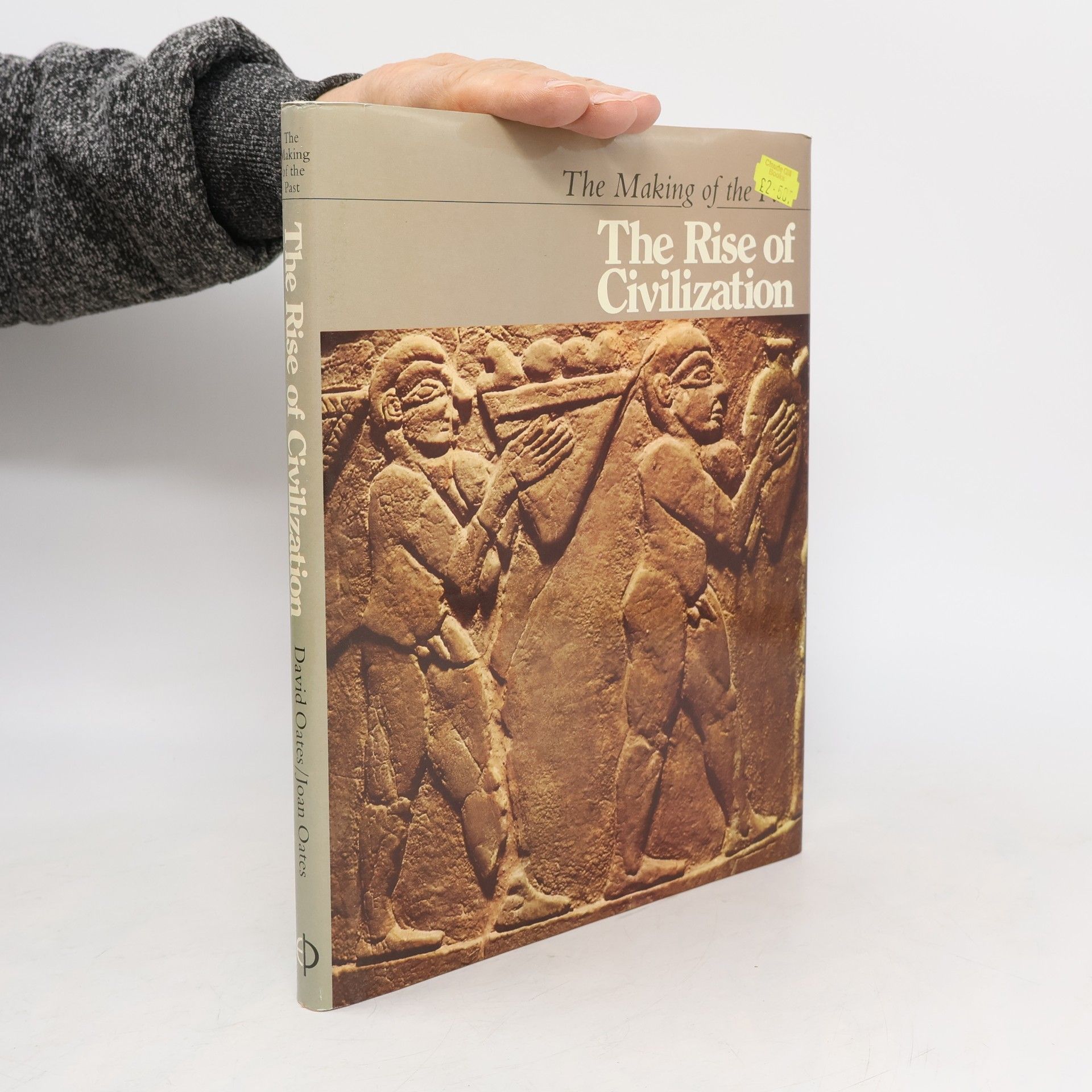David Oates Bücher




Brighton graffiti
- 132 Seiten
- 5 Lesestunden
Brighton has become one of the major centres for graffiti in Europe. Starting in the mid-1980s with crude tags scrawled on bus stops and lamp posts it spread to the trains, the town's buildings and its seaside walls. In order to control its development the City Council has gone so far as sponsoring graffiti events, attracting artists and crews from across the globe. In vivid historical and new photographs Brighton Graffiti shows some of the best examples of the town's graffiti from the last twenty years interspersed with quotes by many of the major artists who have worked there.
The Making of the Past: The Rise of Civilization
- 152 Seiten
- 6 Lesestunden